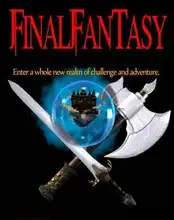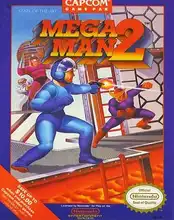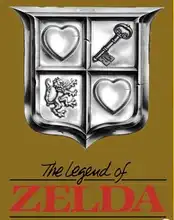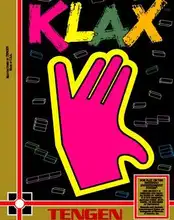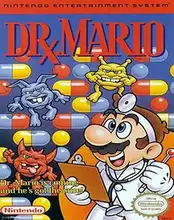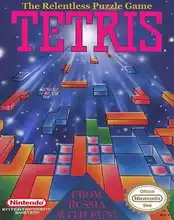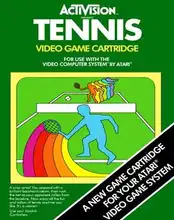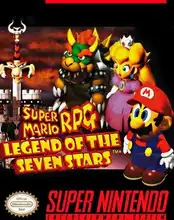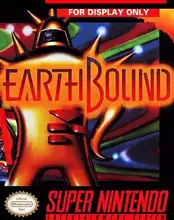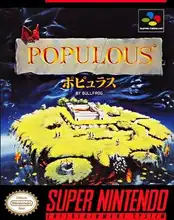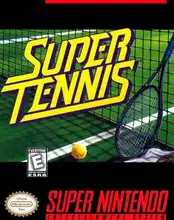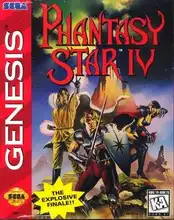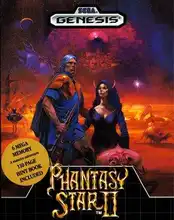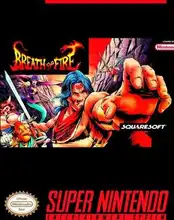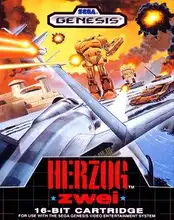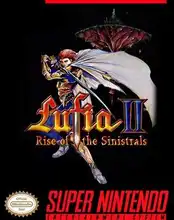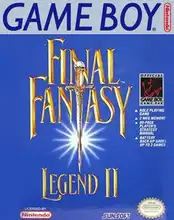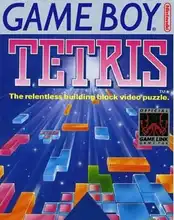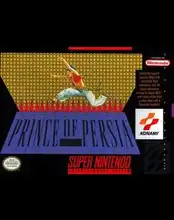Stepping back into the pixelated worlds of yesteryear offers a unique kind of joy. Long before photorealistic graphics and sprawling open worlds, classic games captured our imaginations with simple mechanics, challenging gameplay, and unforgettable characters. Whether you first encountered them in dimly lit arcades, plugged cartridges into a console under the TV, or booted up from a floppy disk on a beige PC, these vintage titles hold a special place in gaming history and our hearts.
But why do we still fire them up decades later? What makes a game "classic" in the first place, and how can we even access these digital relics in the modern age? Let's take a nostalgic trip down memory lane and find out.
What Makes a Game "Classic"?
Defining a "classic game" isn't always about a strict age limit, though many agree anything roughly 20 years or older fits the bill. It's more about enduring impact and quality. A classic game often possesses:
- Innovation: It introduced new mechanics, genres, or storytelling techniques.
- Influence: It inspired countless games that followed.
- Longevity: It remains fun and playable even today, despite technological advancements.
- Cultural Impact: It became a phenomenon, part of the pop culture lexicon.
- Nostalgia: For many, it's tied to cherished memories of youth and simpler times.
It's the games that defined generations and laid the groundwork for the industry we know today.
Why We Still Love Playing Them
Beyond the warm fuzzy feeling of nostalgia, there are tangible reasons why classic games continue to find audiences:
- Pure, Focused Fun: Often, classic titles had a single, well-executed gameplay loop – jump, shoot, puzzle, race. This focus can be incredibly satisfying.
- Challenging (But Fair): Many older games demanded skill and practice. Learning enemy patterns, mastering platforming jumps, or solving tricky puzzles provided a genuine sense of accomplishment.
- Historical Appreciation: Playing these games is like visiting a museum – you get to experience the origins of genres you love.
- Art Style: The limitations of older hardware forced developers to be incredibly creative with pixel art, chiptune music, and simple animations, resulting in unique and charming aesthetics.
- Accessibility: With modern tools, many classic games are surprisingly easy to pick up and play quickly.
How to Play Classic Games in the Modern Era
Thinking about revisiting an old favorite or discovering a gem you missed? You're in luck! Playing classic games today is easier than ever:
- Digital Storefronts: Services like GOG.com (Good Old Games) specialize in acquiring licenses and making old PC games work seamlessly on modern operating systems. Steam also has a growing library of retro titles and collections.
- Emulation: Software like DOSBox allows you to run old DOS-based PC games, while other emulators recreate the hardware of classic consoles (NES, SNES, Genesis, PlayStation, etc.). Note: Downloading ROMs for games you don't own is generally illegal. Stick to games you own or legally available freeware/abandonware.
- Official Collections & Mini-Consoles: Many publishers release curated collections of their classic titles on modern consoles (Switch, PlayStation, Xbox, PC). Dedicated mini-consoles (NES Classic, SNES Classic, Genesis Mini, PlayStation Classic) come pre-loaded with iconic games.
- Online Archives: Websites like Archive.org host thousands of playable classic PC games directly in your browser, often using emulation.
- Original Hardware: If you're a purist with space and patience, you can still find original consoles, cartridges, and discs on the secondary market (eBay, local game stores).
Iconic Classic Games You Should Revisit (Or Play for the First Time!)
Okay, enough talk – let's highlight some examples of classic games that stand the test of time. This is just a taste, as the list of greats is endless!
Arcade Legends
These were the coin-op kings that ate all your allowance:
- Pac-Man / Ms. Pac-Man: The maze chase that started it all. Simple, addictive, perfect.
- Donkey Kong: Jumpman (later Mario!) makes his debut against a big ape. Platforming origins.
- Street Fighter II: The fighting game boom starts here. Hadouken!
- NBA Jam: BOOMSHAKALAKA! Fast-paced, over-the-top basketball action.
Console Cornerstones
From the 8-bit era onward, consoles brought gaming home:
- Super Mario Bros. (NES): Defined the side-scrolling platformer. Jump on Goombas!
- The Legend of Zelda: A Link to the Past (SNES): An epic adventure that set the standard for action-RPGs.
- Sonic the Hedgehog 2 (Genesis): Blazing fast platforming with attitude.
- Metroid (NES) / Super Metroid (SNES): Atmospheric exploration and discovery.
- Castlevania: Symphony of the Night (PS1): Masterpiece of the "Metroidvania" genre.
- Final Fantasy VII (PS1): JRPG storytelling reached new heights.
- The Legend of Zelda: Ocarina of Time (N64): Groundbreaking 3D adventure.
PC Pioneers
The Wild West of gaming, pushing boundaries on home computers:
- Doom (PC): Ushered in the modern first-person shooter era. Rip and tear!
- The Oregon Trail (Apple II/PC): A historical simulation that taught a generation about dysentery.
- Tetris (Various): The perfect puzzle game. Blocks falling, anxiety rising.
- Civilization (PC): Just one more turn... A legendary strategy game.
This barely scratches the surface, but these examples showcase the diversity and impact of classic games.
The Enduring Appeal
The world of classic games is vast, filled with hidden gems and undisputed masterpieces. They offer a connection to gaming's roots, a different kind of gameplay challenge, and a powerful dose of nostalgia. Whether you're a seasoned retro enthusiast or a newcomer curious about where it all began, there's never been a better time to explore these timeless adventures.
Dive in, discover a classic you missed, or simply revisit an old friend. You might be surprised how much fun those old pixels can still deliver.
FAQ
Q: What's the best way to start playing classic games today? A: Digital storefronts like GOG.com and Steam offer easy, legal ways to play many PC classics on modern systems. Official collections on modern consoles are also great. For console classics, emulation is popular, but ensure you own the original games.
Q: Are classic games too hard for modern players? A: Some classic games are notoriously challenging, requiring pattern recognition and precise timing. However, many are accessible and rewarding. Plus, features like save states in emulators or collections can make the difficulty more manageable if you choose.
Q: What's the difference between "classic" and "retro" games? A: The terms are often used interchangeably. "Retro" generally refers to games from older eras (often 8-bit, 16-bit, 32-bit generations), while "classic" implies a game that is both old and highly regarded or influential, regardless of era. All classics are retro, but not all retro games are considered classics.
Q: Where can I learn more about the history of classic games? A: There are many excellent websites, YouTube channels, podcasts, and books dedicated to video game history and preservation. Exploring sites like Archive.org or communities focused on specific retro consoles can also be very informative.

